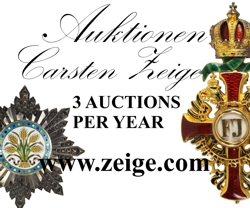Iceland
Iceland is a Nordic island country in the North Atlantic, with a population of 348,580 and an area of 40,000 square miles, making it the most sparsely populated country in Europe. The capital and largest city is Reykjavík. Reykjavík and the surrounding areas in the southwest of the country are home to over two-thirds of the population. Iceland is the land of the midnight sun. In Reykjavík it will not get dark at night in the summer, as the sun barely sets. Around the summer solstice, the sun is visible for the full 24 hours in the Westfjords and North Iceland. The official language is Icelandic, a North Germanic language. Iceland is a representative democracy and a parliamentary republic.
According to the ancient manuscript Landnámabók, the settlement of Iceland began in 874 AD. In the following centuries, Norwegians, and to a lesser extent other Scandinavians, emigrated to Iceland. The affiliation of islands to Norway Denmark and Sweden changed over the centuries. In the wake of the French Revolution and the Napoleonic Wars, Iceland's struggle for independence took form and culminated in independence in 1918 and the founding of a republic in 1944. Until the 20th century was Iceland among the poorest countries in Europe. Industrialisation of the fisheries and Marshall Plan aid following World War II brought prosperity, and Iceland became one of the wealthiest and most developed nations in the world. Iceland is the only one with no standing army, with a lightly armed coast guard in charge of defence.
The Order of the Falcon is Iceland's only Order, and it was established on July 3, 1921 by King Christian X of Denmark and Iceland. The Order was founded to recognize foreign or Icelandic individuals who have contributed outstanding services to Iceland within civil or military spheres.
See the "General Sources" page in the Footer for Iceland Sources.
25 results found
Filter By


Scroll Top